How to Grow a Super-Athlete
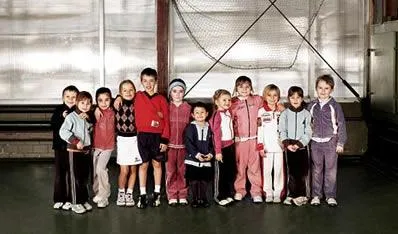
The article is a wonderful portrayal of youth athletic development as it looks in Russia at the world famous Spartak Tennis Academy.
The article discusses the unique blend of non-specific athletic training, the keys to nervous system enhancement and the incredibly involved technical development that each young athlete goes through as they ascend to either sporting success or a functionally fit life…
… Interestingly enough, if you have been paying attention over the years that is EXACTLY what I have been telling you regarding the optimal development of a young athlete!
In discussing the differences between the way Russian kids and North America kids are trained and developed, Daniel points to the cultural variances as the reason why this slow, technically-sound style of developing a young athlete wouldn’t work in North America.
Here are my thoughts on the matter –
Although I understand that many people feel as though the apparent cultural differences between Russia and the United States in terms of adopting a ‘skill-based’ developmental structure to youth sports, is what accounts for our inability to create such a worthwhile system, but to me, it has less to do with societal factors and much more to do with coaching talent.
European coaches (especially in places like Russia) are vastly superior to U.S. coaches in terms of understanding nervous system plasticity, talent identification, multilateral development and pedagogical science.
More over, the best and most talented coaches in North America, almost 100% of the time, work with our more elite athletes – this leaves volunteer Mom’s and Dad’s to work with our most precious athletic commodity; children.
Current governing bodies do not work to reverse this reality, and certainly don’t work to provide a practical look at how to develop young athletes properly – this is the crux of the problem.
That is not an indictment of the volunteer Mom and Dad – bless their hearts for donating so much of their time!
But in the absence of proper training and education in the realms of coaching science, human development and technical execution, they are often left with little more than their own experiences as an athlete to draw upon when designing practice plans etc.
THAT, my friend, is why the IYCA was created.
To educate where none truly existed.
Our Youth Fitness Specialist – Level 1, is the beginning of your journey to better understand the principles associated with long-term athlete development and youth fitness.
See what 25 year industry vetern, King Hoover, had to say after going through our Level 1 program
—>https://iyca.org/fitspecialist1
– Brian
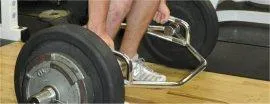
High School Strength Coach Certification
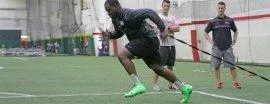
Certified Speed & Agility Specialist
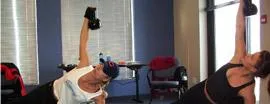
Kettlebell Instructor Course
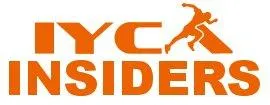
IYCA Insiders - Exclusive Access
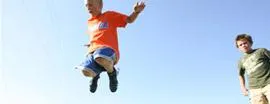
Youth Fitness Specialist Certification
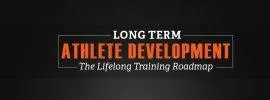
Long Term Athlete Development

Youth Nutrition Specialist Certification

Copyright © 2008 - 2025 International Youth Coaching Association. All Rights Reserved
|
|

